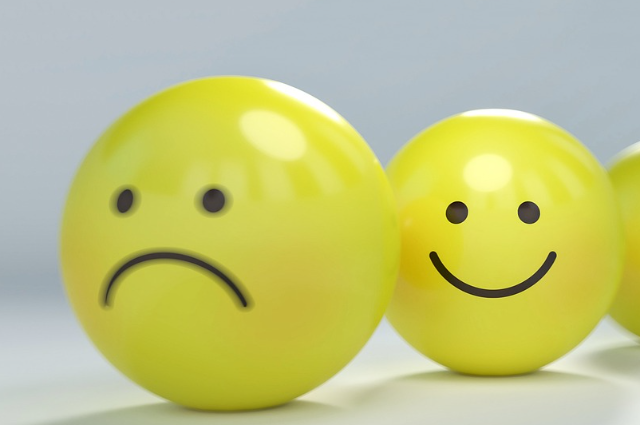
They’re the centre of every room, the mood-lifters who always know what to say to lighten the moment, crack jokes when the air feels heavy, and somehow make everyone feel better. People love being around them. Their presence is comforting, their smile radiant, and their laughter contagious. Yet behind that glow often hides a person no one truly sees, someone holding back tears that never quite fall. They have mastered the art of masking pain so well that no one suspects they might need help.
It’s a strange, heartbreaking truth: the people who make others laugh the loudest are often the ones suffering in silence. These friends, siblings, partners, or colleagues bring joy not because they’re always happy, but because they know what sadness feels like and they don’t want anyone else to feel it. Their pain emerges not in complaints or tears, but in over-giving, over-performing, and constantly putting others’ needs above their own. They rarely ask for help. Instead, they become the helper, the listener, the joker, and the planner, all while quietly holding themselves together.
Consider Robin Williams, the legendary comedian who delighted millions with roles such as Mrs. Doubtfire and the Genie in Aladdin. For years, he battled depression behind the scenes. His death shocked the world and reminded us that appearances are not always reality.
Or Chester Bennington, Linkin Park’s lead singer. His lyrics spoke to countless listeners struggling with mental health, yet he could not silence his demons. His suicide underscored a painful message: even those who seem strong may be fighting battles we know nothing about.
It isn’t just celebrities. You probably know someone like this: the friend who always checks on others but never shares their feelings. The cousin who cracks jokes at every family gathering yet avoids serious conversations, the co-worker who brings treats for everyone but grows quiet when asked about their life. One woman once shared that her cheerful best friend admitted in a late-night talk that she cried herself to sleep most nights. No one had ever asked how she was truly doing; they assumed laughter meant she was fine.
Why do “happy people” hide their pain?
Reasons are complex and often rooted in past experiences. Some grew up in homes where emotions were called weakness, so they learned to suppress theirs. Others faced trauma or neglect and discovered that pleasing people won them love. Many find purpose in helping others so no one feels the hurt they once did. They become the strong one, the dependable one, and slowly forget how to ask for help themselves.
Society plays a role, too. We celebrate “holding it together,” admire those who never cry, and praise relentless resilience. People who make others laugh fear that if they stop smiling, everyone will leave. If they speak about sadness, they may be labelled “too much” or “attention-seeking.” So they keep performing.
Yet they often need support the most, and the only way to reach them is to look past the performance. Watch for the laughter that doesn’t reach their eyes, the jokes that feel forced, and the quick subject change when you ask if they’re okay. These are cries for help hiding in plain sight.
Shifting our mindset
Vulnerability is not weakness; it is courage. Saying “I’m not okay” requires far more strength than pretending everything is fine. We must create safe spaces where masks can come off without judgment.
It starts with us. When did you last ask your happy friend how they are? When did you last say, “You don’t have to be strong all the time”? A simple, genuine connection can change someone’s day—or their life. Don’t wait for breakdowns. Check on people while they’re still standing, because those who shine the brightest can burn out the fastest when no one sees their pain.
Open conversations about mental health matter. There is no shame in feeling sad, overwhelmed, or lost. The more we normalise talking about it, the more lives we save. No one should feel they must wear a mask to be accepted.
And if you’re the performer, remember: you’re allowed to rest. You deserve help. Talk to a friend, a therapist, or a support group. Seeking healing is not weakness; it is self-respect.
Finally, let’s teach the next generation that emotional health is as vital as physical health. Raise children who know it’s okay to cry, to feel deeply, and to ask for support. That’s how we build a future with fewer silent sufferers.
In the end, the people who make us laugh are gifts to the world. They bring light into darkness, but even light needs refuelling. Today, reach out to the friend who always seems fine. Let them know they matter and that it’s okay to not be okay. Behind the loudest laughs may be tears that no one else noticed. It’s never too late to show someone they’re seen, valued, and loved.
